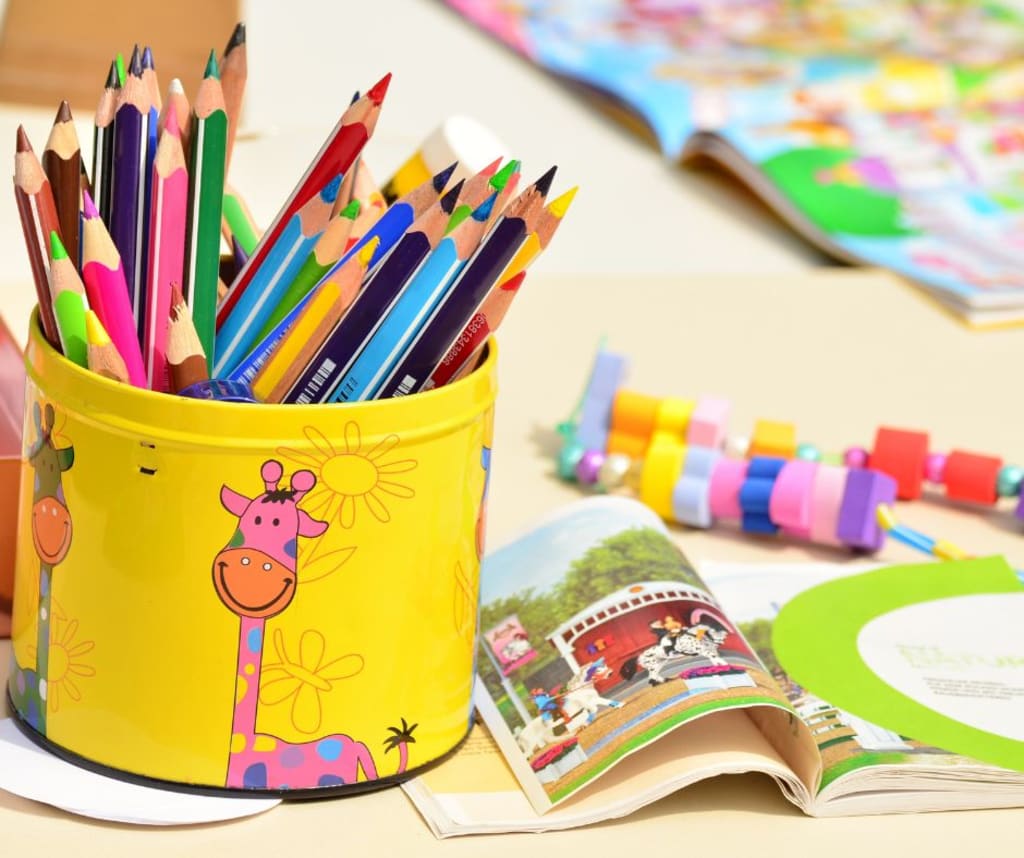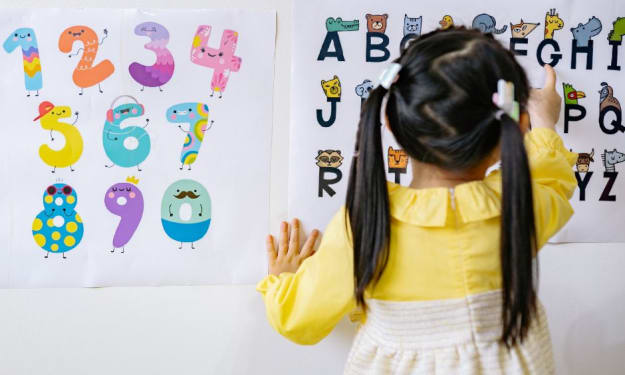Is Montessori Preschool Better Than Other Preschools? why or why not?
Montessori Preschool

Whether a Montessori preschool is better than other preschools ultimately depends on individual needs and preferences. However, there are some common characteristics of Montessori preschools that set them apart from other types of preschools:
Child-Centered Approach: Montessori preschools are designed to place the child at the center of the learning experience. Children are encouraged to explore and learn at their own pace, with teachers acting as guides rather than directors.
Focus on Independence: Montessori preschools emphasize the development of independence, self-discipline, and self-motivation. Children are encouraged to make choices and take responsibility for their actions.
Multi-Age Classrooms: Montessori classrooms typically have mixed-age groups, so that younger children learn from older children and older children reinforce their learning by tutoring others.
Emphasis on hands-on learning: Montessori preschools emphasize learning through the use of materials designed to promote exploration and discovery.
Parental Involvement: Montessori preschools often encourage parents to be involved in their child's education with parent-teacher conferences and opportunities for observation of classroom activities.
Philosophy and Approach: Montessori preschools follow the teachings of Dr. Maria Montessori, an Italian physician, and educator who developed a child-centered approach to education based on the belief that children learn best through exploration and discovery. Other preschools may follow different philosophies, such as play-based learning or academic-based learning.
Curriculum: Montessori preschools often have a unique curriculum that focuses on practical life skills, sensory experiences, and language development. Other preschools may focus more on academic skills, social-emotional development, or creative expression.
Teacher Training: Montessori teachers are given specialized training in the Montessori philosophy and methodology, which can better prepare them to work with young children in this approach. However, other preschool teachers may also have special training or experience that makes them highly skilled in working with young children.
Cost: Montessori preschools can be more expensive than other preschools due to their specialized curriculum and approach, as well as the training required for teachers. However, there are also Montessori preschools that offer scholarships or financial aid to make them more accessible.
Location and Availability: Montessori preschools may not be as widely available as other types of preschools, especially in more rural areas. Families may need to consider their proximity to the Montessori preschool when evaluating their options.
Assessment and Evaluation: Montessori preschools often have a unique approach to assessment and evaluation, focusing on a child's individual progress and development rather than standardized tests or benchmarks. Other preschools may have different approaches to evaluation, such as traditional testing or developmental assessments.
Classroom Environment: Montessori preschools often have a unique classroom environment, with materials and activities designed to foster exploration, creativity, and independence. Other preschools may have different classroom environments, such as more structured or teacher-directed activities.
Parent education: Montessori preschools often provide education and support for parents, with resources and workshops designed to help parents understand and reinforce the Montessori philosophy at home. Other preschools may provide different types of parenting education or support.
Socialization and Peer Interaction: Montessori preschools often emphasize multi-age classrooms and peer-to-peer learning, which can foster socialization and collaboration among children of different ages and skill levels. Other preschoolers may have different approaches to socialization and peer interactions.
Community and Culture: Montessori preschools often have a unique community and culture, with an emphasis on respect for the child, the teacher, and the environment. Other preschools may have different cultures or values.
While these features can make a Montessori preschool an excellent choice for many families, they may not be the best fit for everyone. For example, some children may thrive in a more structured environment or benefit from a curriculum that focuses more on academic skills. Additionally, Montessori preschools may not be available or affordable in all areas.
Ultimately, the decision of whether a Montessori preschool is better than other preschools will depend on a variety of factors, including the needs of the individual child, the availability of a variety of preschools in the area, and the preferences and preferences of the family. It is important to research different preschool options and consider what will work best for your child and family.
About the Creator
Vikash Kumar
Hello, I am an SEO executive and blogger and I share my content about education, technology, governments, travel, etc.






Comments
There are no comments for this story
Be the first to respond and start the conversation.